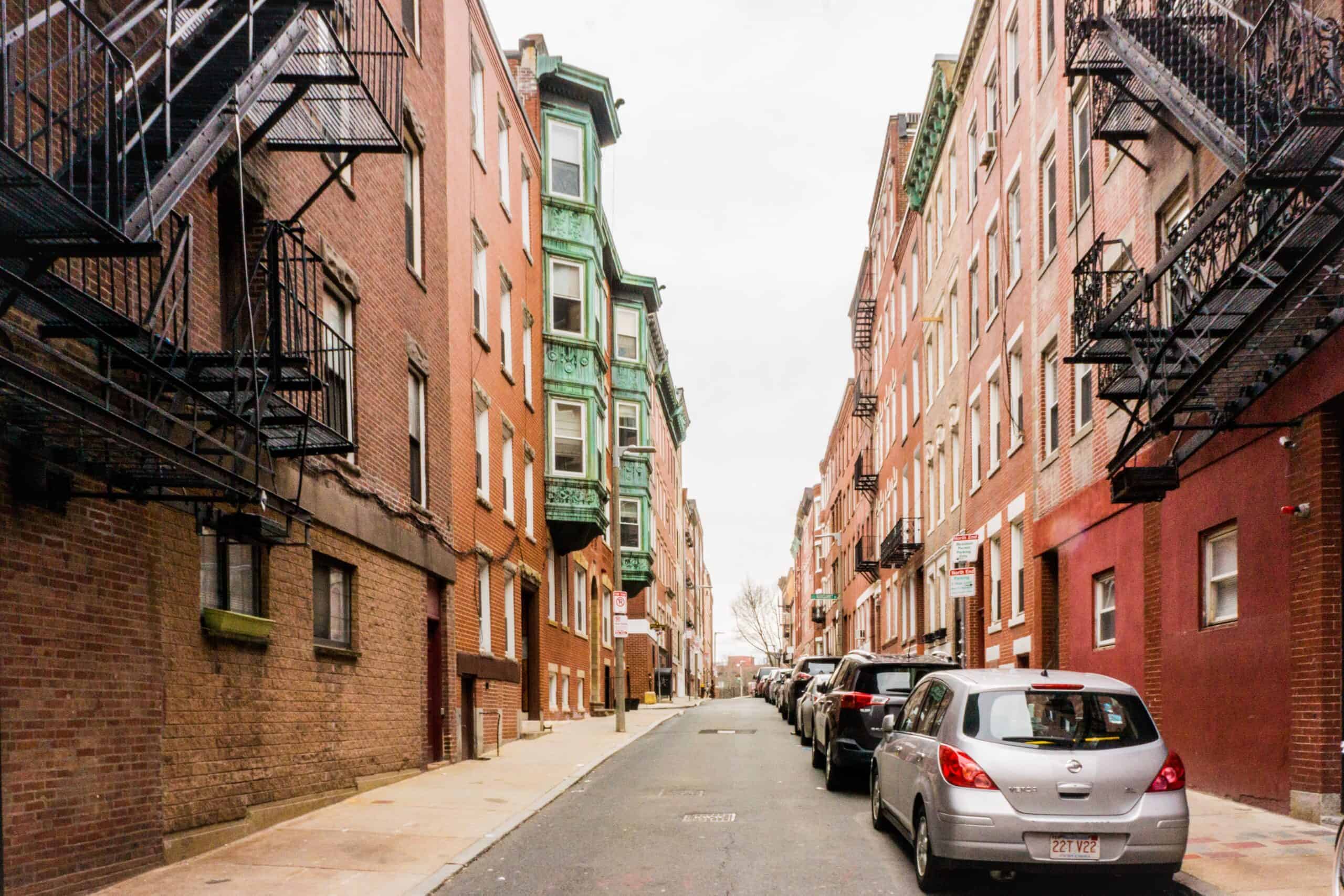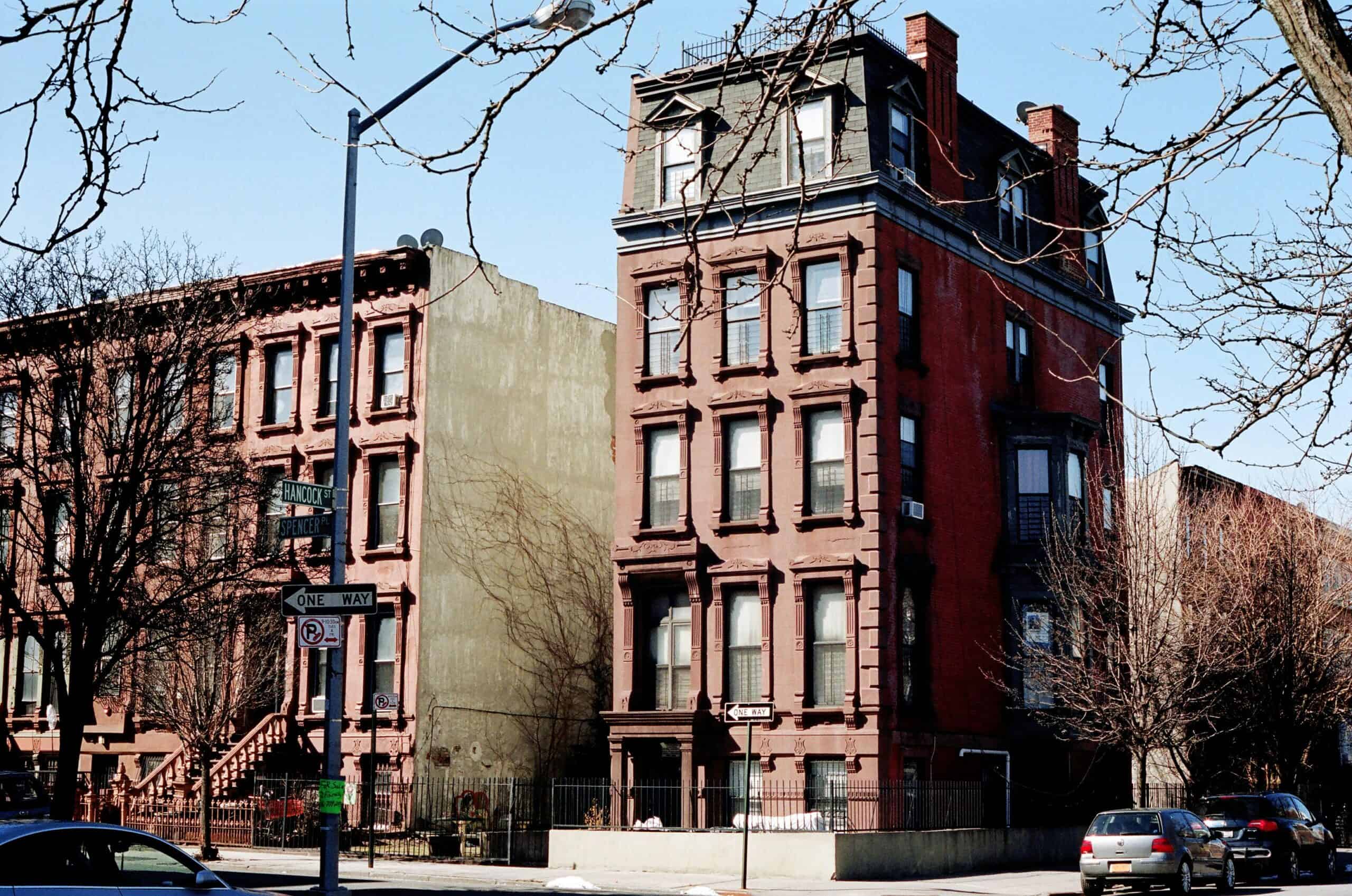We are proud to announce our recent partnership with the New Jersey School Boards Association on the New Jersey K-12 Broadband Initiative, and look forward to working together to close the K-12 connectivity gap. Read on to learn more. This post was originally published on NJSBA’s School Board Notes.
To ensure all students can take advantage of the promise of digital learning, schools must have access to high-speed internet capable of supporting online educational opportunities. Recognizing this need, the New Jersey School Boards Association (NJSBA) is collaborating with the national non-profit EducationSuperHighway to make robust internet a reality for all schools in the state through the New Jersey K-12 Broadband Initiative.
Gov. Murphy recently committed to ensuring New Jersey schools meet the recommended bandwidth of one Mbps (megabits per second) per student– a critical step in enabling access to online learning. However, 83 schools currently lack access to a scalable fiber infrastructure, and 165 schools have access to E-rate Category Two funds for Wi-Fi and internal connections that will expire after this funding year.
Without the critical infrastructure, school districts limit their ability to meet the governor’s goal, to meet three of the Future Ready Schools-New Jersey robust infrastructure indicators, and to engage students in the latest innovative learning options.
Resources are available as part of the initiative to help districts achieve these goals and to take advantage of the $40M in federal E-rate funding available for New Jersey schools. School leaders should speak with district technology staff and plan to take advantage of this funding as soon as possible. Applicants must file Form 470 by Feb. 27, 2019. Through a partnership with EducationSuperHighway, the NJSBA can support districts in this process by providing no-cost technical assistance, tools, and resources to help with Wi-Fi and fiber upgrades.


